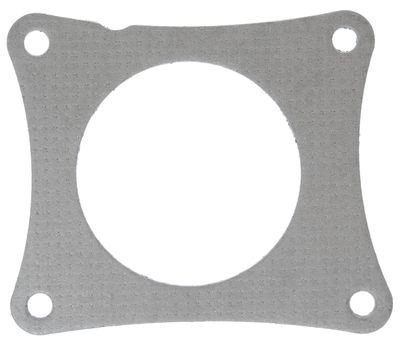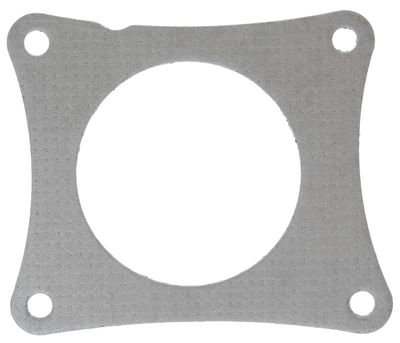Answer
Aug 14, 2024 - 12:06 PM
Yes, a blown head gasket can potentially ruin a catalytic converter. Here's how it can happen:
-
Coolant or Oil Contamination: A blown head gasket can cause coolant or engine oil to leak into the combustion chambers. When this happens, the coolant or oil can be burned along with the air-fuel mixture. The resulting exhaust gases can include contaminants that the catalytic converter is not designed to handle, such as unburned hydrocarbons, soot, or excess oil.
-
Overheating the Catalytic Converter: When coolant or oil enters the exhaust system, it can cause the catalytic converter to overheat. This is because the converter has to work harder to break down these contaminants, which can generate excessive heat. Over time, this overheating can damage the internal components of the catalytic converter, leading to reduced efficiency or complete failure.
-
Clogging the Catalytic Converter: The burning of oil or coolant can produce deposits that may clog the catalytic converter. A clogged catalytic converter can restrict exhaust flow, leading to a loss of engine performance and increased backpressure. This can further damage the engine and exhaust system.
-
Oxygen Sensor Issues: Contaminants from a blown head gasket can also damage the oxygen sensors, which are critical for proper engine management. If the sensors are damaged, they may provide incorrect data to the engine control unit (ECU), leading to improper fuel-air mixtures and further stressing the catalytic converter.
In summary, a blown head gasket can introduce contaminants into the exhaust system that can damage or destroy the catalytic converter. If you suspect a blown head gasket, it's important to address the issue promptly to prevent further damage to the catalytic converter and other components of your vehicle's exhaust and engine systems.





Add New Comment